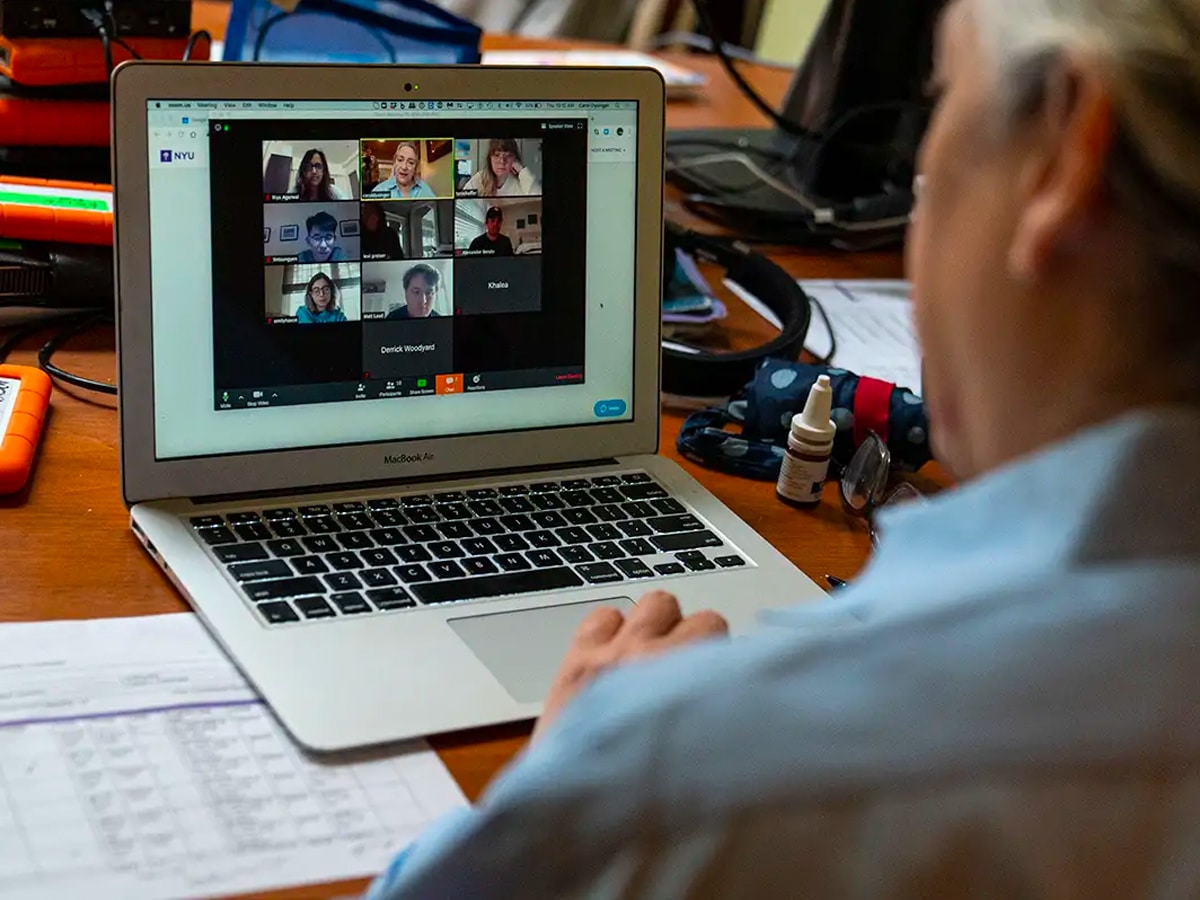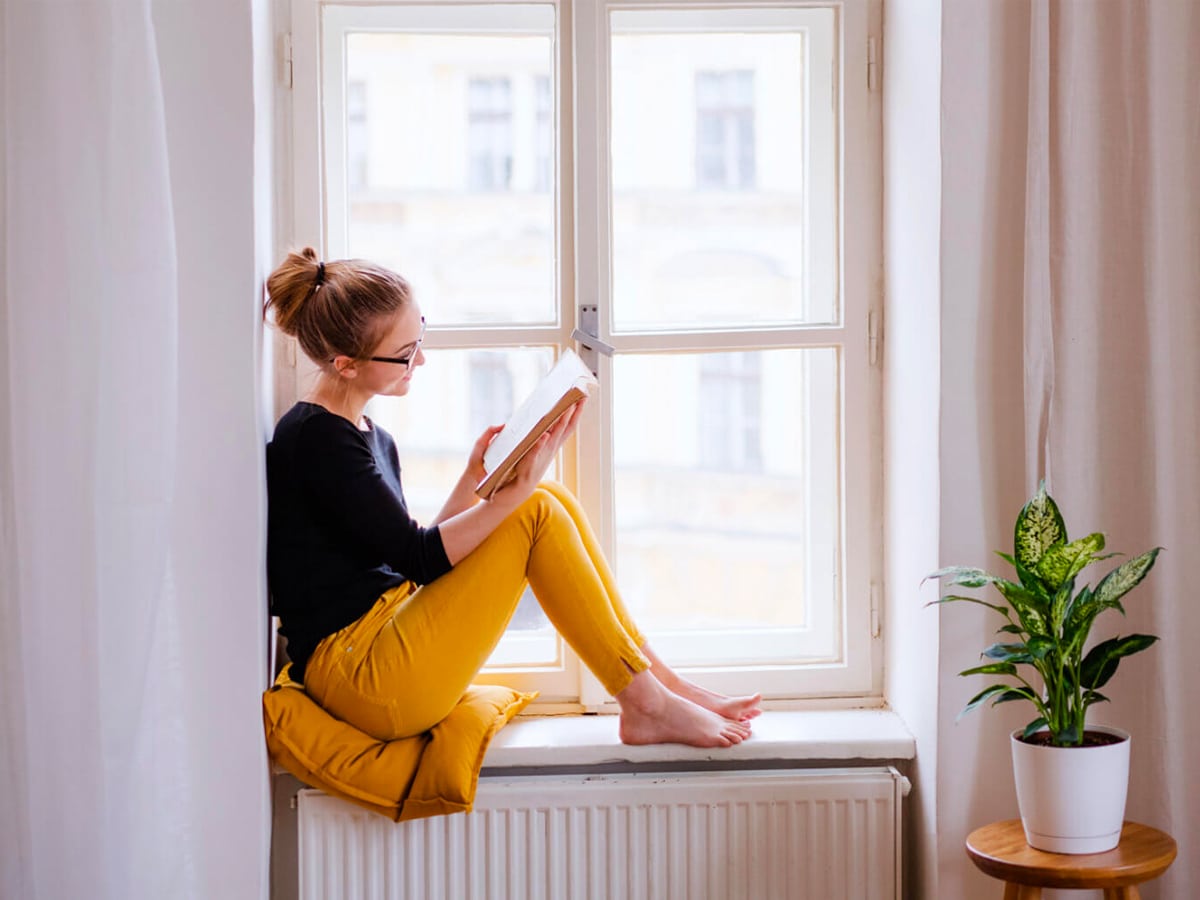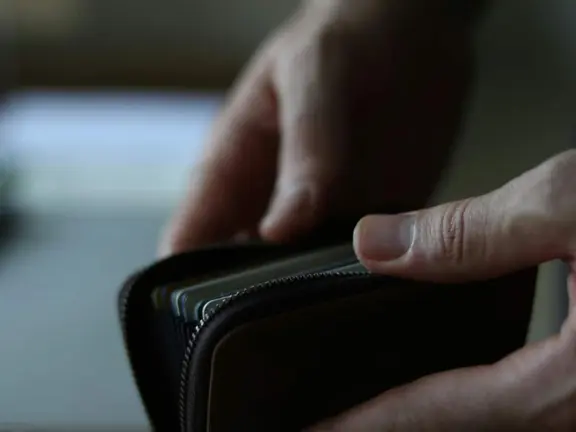Readtime: 9 min
Every product is carefully selected by our editors and experts. If you buy from a link, we may earn a commission. Learn more. For more information on how we test products, click here.
This article includes advice and insights from Dr James Collison, Clinical Psychologist and Senior Lecturer at the Australian College of Applied Psychology
If we learned anything from the lockdown, it was the importance of mental health support. What began as an inconvenience quickly turned to widespread psychological concern and the statistics are damning. In August 2021, at the height of the Sydney lockdown, support service Lifeline recorded 3,345 calls, the highest daily number in the organisation’s history and a sad realisation of Australia’s burgeoning issue. While the health-imposed isolation may have come to end, recognising the state of your mental health has never been more important. In fact, it could save a life.

The Mental Health Impacts of Lockdown
From an outsider’s perspective, the mental health impacts of lockdown are straightforward. A lack of social interaction can make you feel isolated and while Zoom chats and virtuals drinks can help stem insecurity, there are other issues at play. Dr James Collison, Clinical Psychologist and Senior Lecturer at the Australian College of Applied Psychology suggests moving away from ingrained routines can throw out your comfort balance.
“While COVID continues to impact everyone differently, the disruptions to routine, functionality and the daily grind are being felt pretty universally,” Dr Collison said. “Lockdowns and COVID restrictions have seen many of our usual routines thrown out the window. And saying goodbye to work drinks, mid-week training sessions or a weekend out with family and/or friends means we’ve suddenly been disconnected from many of our main sources of joy and satisfaction.”
According to the mental health expert, this kind of disruption is manageable in the short-term, but research is very clear in finding that sustained disruptions can quickly form a cycle of inactivity, isolation, and low mood.
“Psychologists call it ‘the downward spiral’ and it looks like this: if you are cut off from the things you enjoy, you can quickly find it hard to get up and start doing them again, even when you want to or know they are in your best interests,” Dr Collison said. “From there, we start to think “oh it’s too hard, not tonight, maybe tomorrow” and we put it off a little longer. Blink for a moment and you’ve fallen behind with your friends, hobbies, sports, or even that instrument you decided to learn. Reflecting on these losses, we begin to feel bad about ourselves and we move from being happy, engaged, and functional, to stressed, isolated, and unhappy.”
Recognising the Signs
A common concern during lockdown is how the days blend into one. Without the physical travel to your workplace, gym or friends, there is little to separate out your day and as a result, things can fall into one long period of confusion. According to Dr Collison, once you are in this stage, it can be difficult to identify where you’re at with your mental health.
“The tell-tale signs will be a bit different from person to person, but some common things to look out for include social (not physical) isolation, inactivity, bad sleep, and increased alcohol consumption,” he says. “Marked changes in personality and behaviour are generally a sign that something is off, but in the absence of some external touchstone, all we can do is try to remember the versions of ourselves that we liked and existed before COVID arrived.”
For example, if you were a social butterfly who thrived off time with your mates, but you now find yourself ignoring texts and turning down opportunities to connect with people (even if virtually), that’s not a good sign. Likewise, if you were training two nights a week and playing sports regularly on the weekend, but now you aren’t exercising at all and spend all your time watching TV and scrolling on your phone, then that’s probably a red flag.
“Everyone is different, and change isn’t inherently bad, so I wouldn’t be alarmed by every little deviation from your old self, nor would I suggest comparing yourself to others (they aren’t you and you are not them),” Dr Collison says. “Instead, take a moment to reflect – has the way you see yourself, others, or the world changed in a major way? Are you generally more flat and unhappy than before? Have you started (or stopped) doing something you never would have previously? If so, it might be a good idea to chat with someone about it.”

Lockdown Mental Health Checklist
With that in mind, Dr Collison outlined the major factors to look for when assessing your mental health during lockdown. The key things to recognise are changes/variations in the core items that keep you healthy and functional. “It’s less about any one thing and more about maintaining the basics that were present in your life before lockdown,” he says. Here is the clinical psychologist and senior lecturer at the Australian College of Applied Psychology’s lockdown mental health checklist:
- Sleep – are you falling asleep easily OR are you tossing and turning, worrying about everything in bed at night? Are you keeping the same wake/sleep times as you were pre-lockdown OR is your sleep all over the place at random times?
- Appetite – are you eating regularly like you would have pre-lockdown OR has it become sporadic and inconsistent because you’re working from home? And are you still making balanced meals OR are you ordering bad food regularly and choosing things like KFC more often than you should?
- Alcohol/drugs – have you been hitting the beers or smoking more than usual and are your decisions impacted more than normal by your drinking or substance use? Or is it business as usual?
- Sex – are you still interested in the activities you used to be (whether solo or with others) or have you noticed a sudden drop in libido?
- Hygiene – are you still showering and brushing your teeth OR have these slipped a little? Are you getting up and dressed for the day like normal OR are you staying in your PJ’s all day?
A little deviation in any of these is no cause for worry, but add them all up and it may start to look a little more alarming. I.e. if you’re sleeping poorly, eating badly, drinking more than normal, and you’re hanging about the house unshowered and without interest in sex, something is likely off and worth addressing.
Strategies to Improve Mental Health During Lockdown
Beyond recognising the signs of poor mental health in lockdown, putting plans into place to improve your status is critical. But despite what you may think, improving your mindset doesn’t take a Herculean effort. In fact, it starts with small steps that provide a basic framework for staying grounded, motivated and self-aware.
- Build a routine – The best thing you can do is build and introduce a routine and fill it with as much fun and satisfaction as possible – whether that involves playing golf, diving headfirst into spreadsheets or even crochet, do your best to maximise the things that bring you a sense of joy and achievement.
- Maintain sleep times – Keep to your pre-lockdown wake/sleeping times (even if you don’t have to). This will keep your body’s circadian rhythm in check. You will see and feel the benefit in your current sleep and energy levels, and this will continue when lockdown ends.
- Keep your tank fueled – Keep your tank fueled. Eating regular and healthy meals throughout the day is a good idea (breakfast, lunch, dinner, with a snack between each meal). Lockdowns are tiring and stressful, and depriving your body of its only energy source (food, that is), will exacerbate negative feelings and emotions.
- Avoid mindless activities – Avoid ‘mindless’ activities like scrolling on your phone, half-watching a TV show or movie you don’t care about, or arguing with strangers on the internet. These activities can be appealing in the short-term, but they often leave us more tired than we started and don’t elicit any real sense of enjoyment.
- Exercise – Get some exercise and sunshine (where you can). Research shows that 15-20 minutes of exercise/sunlight 3-4 times a week has numerous health benefits – so mask up, keep your distance, and go for a walk.

Seeking Help
Identifying that there may be room for improvement is the first step in getting back on track with your mental health, but if the strategies aren’t having the desired effect, there is more you can do. Dr Collison suggests talking it out can be one of the most effective ways to get the ball rolling, and while mental stigma has come a long way, he recognises it’s not always easy to turn to your friends, particularly as a man.
“As men, we tend to struggle asking for help, but there is no shame in talking about how we are feeling. Asking for help from family, friends and loved ones is a normal and appropriate thing to do. Avoid falling for the outdated narratives that men have been conditioned to believe,” he says. “Boys do cry; men do have feelings; we’re not invincible; we don’t have to do it all alone; and it takes more strength to seek help than it does to ignore a problem.”
Treat your mental health like you would your physical health. You wouldn’t ignore a broken arm or an open wound that needs stitching. Don’t ignore anxiety, stress or depression either – see your doctor today and ask for a referral to a psychologist. You can access up to 20 sessions on a mental health care plan, with sessions either free or heavily subsided.
If things are really bad and you are actively contemplating suicide, call Lifeline now on 13 11 14 – they’re available 24 hours a day, 365 days of the year.






























Comments
We love hearing from you. or to leave a comment.